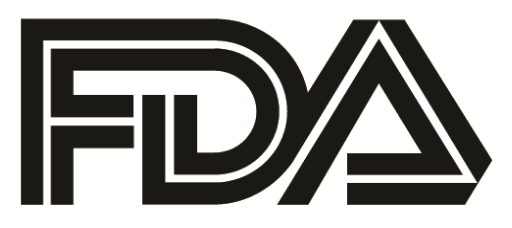Article
FDA Changes Safety Label for Pediatric Prescription Opioid Medication
Author(s):
The indication will limit the availability of prescription opioid cough and cold medicines for patients younger than 18 years old.

The US Food and Drug Administration (FDA) has announced safety labeling changes that will limit the availability of prescription opioid cough and cold medicines for patients younger than 18 years old.
The label changes, which will pertain to medicines containing codeine or hydrocodone, will also include safety information for adult use. Such information will include the FDA’s prominent Boxed Warning pertaining to the risks of misuse, abuse, addiction, overdose and death, and slowed or difficult breathing that can result from codeine or hydrocodone.
The decision to limit the prescription opioid cough and cold medicine availability for pediatric patients was based on extensive data review and advisory committee input. The FDA held a risk-association discussion with its Pediatric Advisory Committee, during which experts indicated that cough due to colds or upper respiratory infections generally did not require treatment, and that the risks of prescription opioid cough therapy use did not outweigh its potential benefits.
The label change also proceeds a pediatric restriction set last year that required a contraindication to prescription codeine product labels. The contraindication — FDA’s strongest warning — alerted patients that codeine should not be used to treat pain or cough in children younger than 12 years old, due to ultra-rapid metabolism being reported in patients.
FDA Commissioner Scott Gottlieb, MD, expressed concern for young children’s unnecessary exposure to opioids in a statement.
“We know that any exposure to opioid drugs can lead to future addiction,” Gottlieb said. “It’s become clear that the use of prescription, opioid-containing medicines to treat cough and cold in children comes with serious risks that don’t justify their use in this vulnerable population.”
Gottlieb added that the FDA is taking steps to assure parents that treating the common cold or cough is possible without prescription opioid medicine.
The FDA did not respond to requests for additional comment at the time of publication.
Common adverse effects of opioid therapies include drowsiness, dizziness, nausea, vomiting, constipation, shortness of breath and headache, according to the FDA. The administration advises parents children prescribed codeine or hydrocodone to talk their health care professional about alternate treatment options.
Some over-the-counter therapies may contain codeine, or may not be appropriate for young children.
Related Coverage >>>
Migraine More Severe Than Other Chronic Pains, But Treatable With Surgery
FDA Approves Clinician Programmer for Medtronic SynchroMed II for Pain, Severe Spasticity
Half of Chronic Pain Patients Halt Opioids With Topical Analgesic





